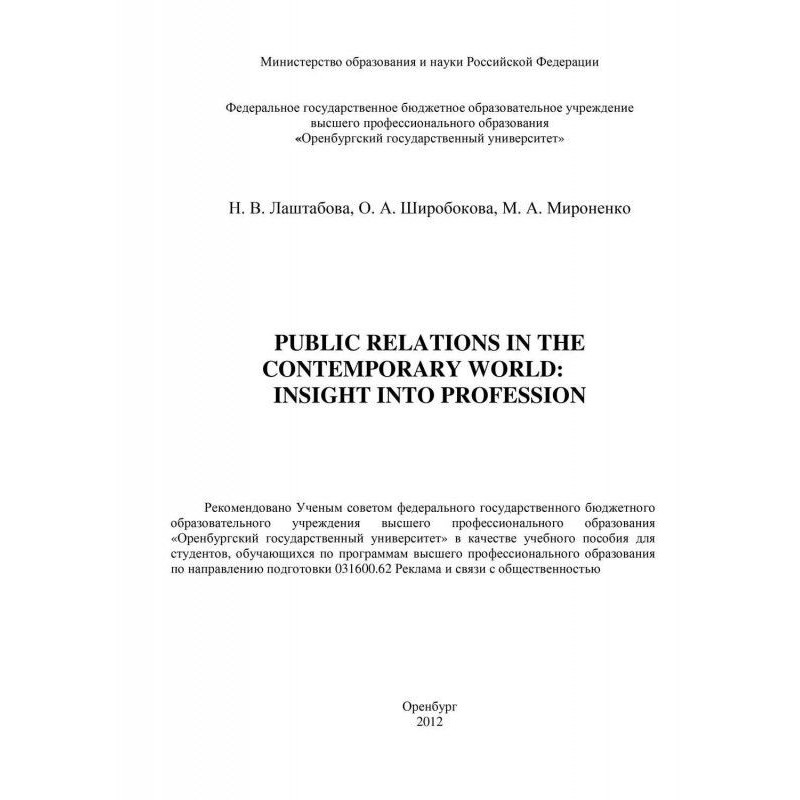Mass prosperity. How grassroots innovation became the source of jobs, opportunity and change
 Instant download
Instant download
after payment (24/7)
 Wide range of formats
Wide range of formats
(for all gadgets)
 Full book
Full book
(including for Apple and Android)
In this book, Nobel laureate Edmund Phelps offers a new perspective on the causes of the "wealth of nations." Why did some countries experience dramatic increases in prosperity between the 1820s and 1960s, accompanied by increases not only in material wealth but also in “prosperity”—meaningful work, self-expression, and personal growth for more people than ever before? Phelps connects this prosperity with modern values - the desire to create, create and explore something new, and cope with emerging difficulties. These values fueled the grassroots dynamism that was a prerequisite for widespread innovation. However, in recent decades, true innovation and prosperity have waned. Research shows that innovation and job satisfaction have been declining in America since the late 1960s, and post-war Europe has failed to return to its former dynamism. The reason for this, according to Phelps, is that the modern values that underlie the modern economy have come under threat due to the strengthening of traditional, corporatist values that place the state and society over the individual. The fate of modern values is now the most pressing question for the West: can Western countries return to modernity, grassroots dynamism, genuine innovation and personal fulfillment, or will we continue to experience limited innovation and prosperity available to the few?
Data sheet
- Name of the Author
- Эдмунд Фелпс
- Language
- Ukrainian
- Release date
- 2015
- Translator
- Дмитрий Юрьевич Кралечкин
Reviews
Вражаючий аналіз сучасного економічного розвитку
Книга Едмунда Фелпса "Масове процвітання" є надзвичайно важливим внеском у розуміння причин економічного зростання та соціального добробуту. Автор не лише досліджує історичні факти, але й пропонує новий погляд на те, як низові інновації можуть стати основою для створення робочих місць і можливостей для людей. Його аргументи про те, що сучасні цінності, такі як бажання творити та досліджувати, є ключовими для процвітання, звучать дуже актуально в наш час. Фелпс також підкреслює загрозу традиційних корпоративістських цінностей, які можуть обмежувати інновації та самореалізацію. Ця книга змушує задуматися про майбутнє економіки Заходу та про те, як ми можемо повернутися до динамізму, який колись визначав наші суспільства. Незважаючи на деякі недоліки в перекладі, зміст книги вражає і залишає багато матеріалу для роздумів. Рекомендую всім, хто цікавиться економікою, соціологією та історією













